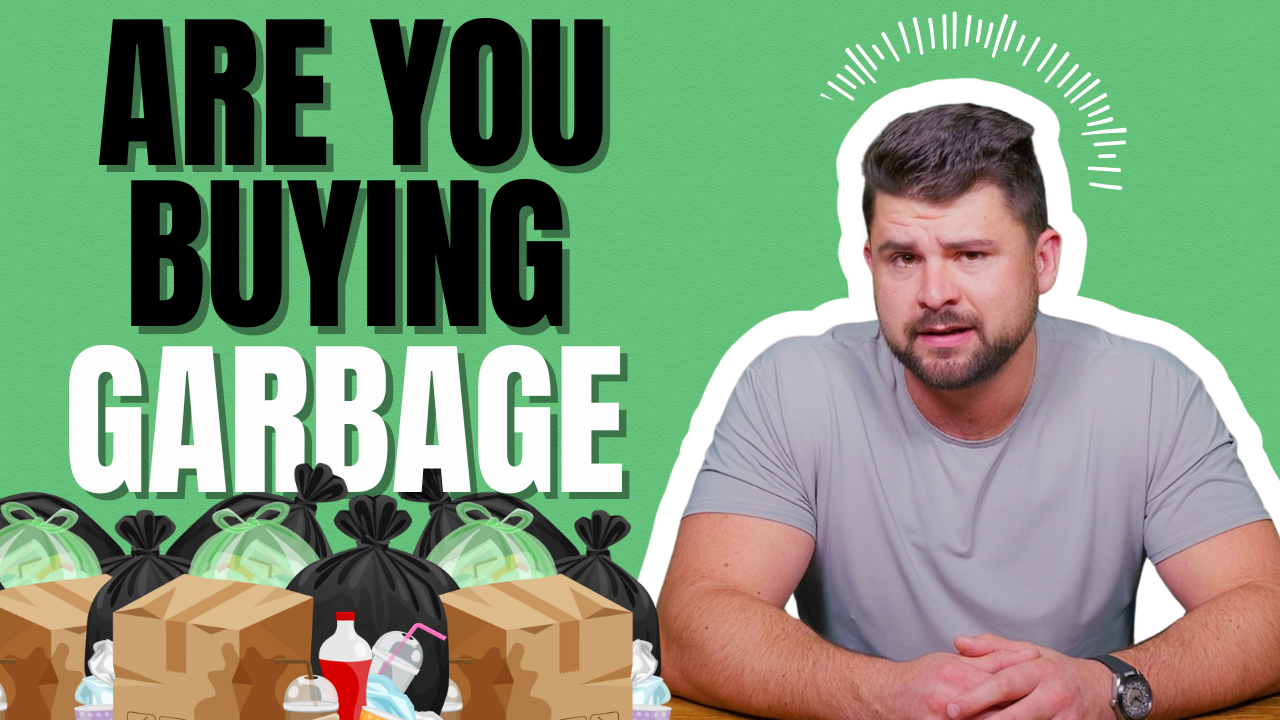Everyone selling streaming ads has the same pitch:
“Premium inventory.”
“Direct deals.”
“Top-tier access.”
But here’s the truth: most of what gets passed off as “direct” today… isn’t.
It’s smoke. Mirrors. A rebranded version of the very thing direct deals were supposed to protect you from.
Let’s break it down.
What “Direct” Used to Mean
Once upon a time, a direct deal actually meant something.
It meant you negotiated access directly with a publisher. Not a reseller. Not a sketchy aggregator. A real publisher. With a real audience. Through a real deal ID.
You’d plug that ID into your system, and you’d only buy inventory from that specific source.
Simple. Clean. Transparent.
Until the industry got involved.
The Term Got Hijacked

As usual, the ad tech crowd saw a way to exploit it.
Platforms and vendors wanted to keep buying cheap, fraud-prone inventory from the open market, but they also wanted to say it was “direct.”
Enter: Inventory Curation.
Sounds fancy, right? It’s not. It’s just a loophole.
They cut a direct deal with an SSP (not the publisher), fill it with open market junk, and slap a “direct” label on it.
So now you’re paying premium prices for the same garbage that floods every low-rent exchange.
Curated ≠ Clean
Let’s be crystal clear:
If the “direct deal” is with an SSP—not the publisher… it’s curated inventory.
And curated inventory is still open market.
That’s the bait-and-switch.
And it’s everywhere.
Even worse? The salesperson hyping it probably doesn’t even know what they’re selling. (Especially if they’re fresh off a company IPO and just chasing stock bumps.)
How to Sniff Out the BS

Opaque sourcing
Limited control
Unclear pricing
Here’s how to stay sharp:
-
Ask who the deal is with. Publisher = maybe legit. SSP = it’s curated. Period.
-
Dig into the details. Most reps don’t know what an SSP even is, let alone how to vet one.
-
Watch for vague answers. The more someone leans on buzzwords like “direct access” or “premium layers,” the less they probably know.
And if they do know and they’re still saying it? That’s a bigger red flag.
Or… Just Work With a Partner That Doesn’t Bullsh*t You
Seriously.
This stuff shouldn’t be complicated.
It shouldn’t require translation.
And it definitely shouldn’t require a degree in ad tech linguistics to avoid getting screwed.
At adduro, we don’t play games with inventory. We source directly from publishers. No fluff. No fraud. Just results.
So yeah… next time someone sells you a “direct deal,” ask what that really means.
And if they flinch?
Call us instead.

